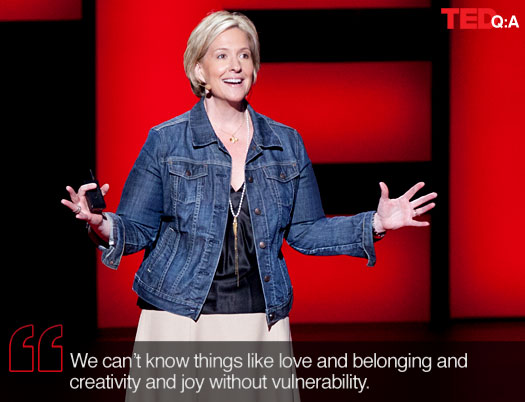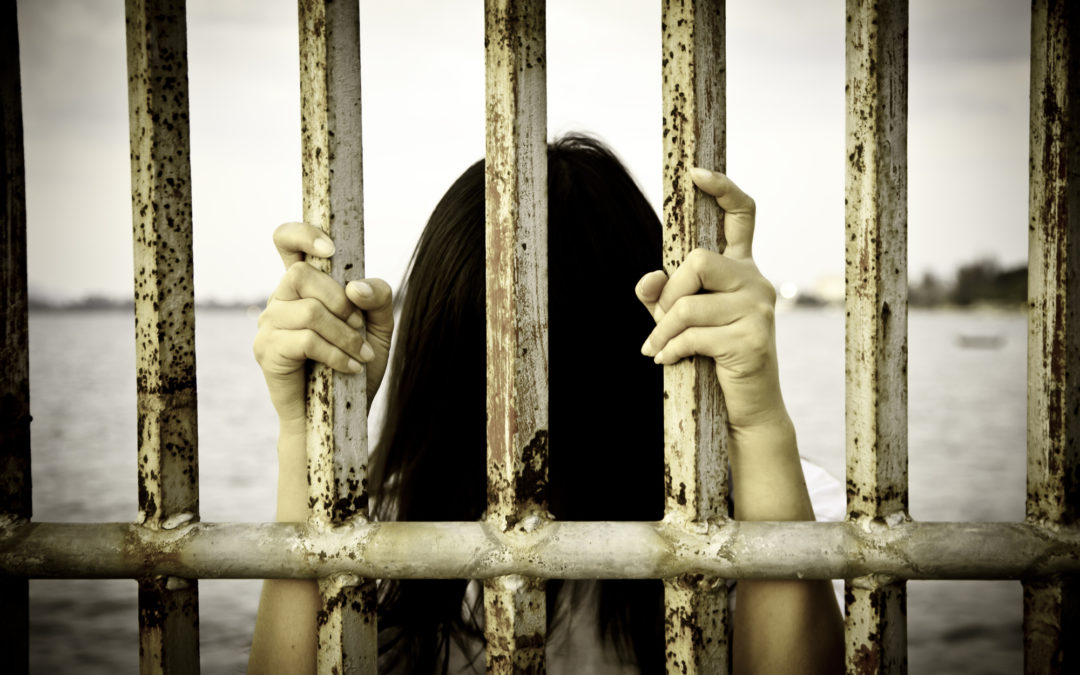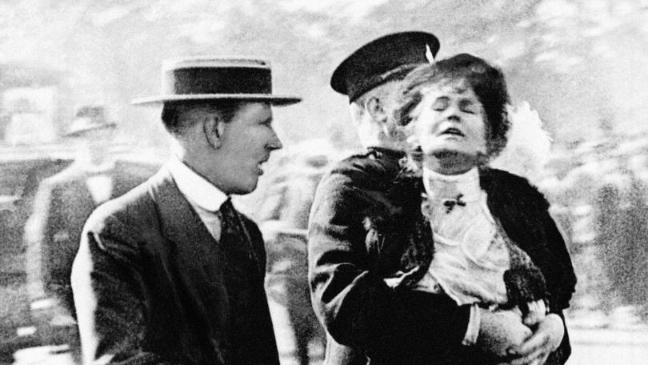 Self-loathing is that underlying feeling that we are just not good: not good enough, not good at this, not good at that, not good at – or for –much of anything. It can be subtle, we may habitually compare ourselves to others, for instance, constantly finding fault with ourselves and putting ourselves down, with no real awareness that there is anything amiss. Or, we may listen intently to our critical inner voice while it scolds and berates us, telling us how embarrassing, stupid, or insensitive we are; refusing to challenge it even while we suffer from it.
Self-loathing is that underlying feeling that we are just not good: not good enough, not good at this, not good at that, not good at – or for –much of anything. It can be subtle, we may habitually compare ourselves to others, for instance, constantly finding fault with ourselves and putting ourselves down, with no real awareness that there is anything amiss. Or, we may listen intently to our critical inner voice while it scolds and berates us, telling us how embarrassing, stupid, or insensitive we are; refusing to challenge it even while we suffer from it.
We may try to suppress this feeling of inadequacy by behaving as though we are superior to others; more intelligent, clever, intuitive, or attractive. It’s as though we have to prove that we are the absolute best in order to avoid the torrent of internal abuse waiting to pounce the moment we show any fallibility.
However it is manifested, the self-loathing process is indicative of a divide that exists within all people between our healthy and realistic point of view toward ourselves and the internal enemy, or inner coach, that fights tooth and nail to assert its inimical ways of looking at ourselves and the lives we are living.
The Causes of Self-Loathing
According to Dr. Lisa Firestone and Joyce Catlett in the book Conquer your Critical Inner Voice, the causes of self-loathing lie in the past, when, as children, we were trying to cope with our lives in the best way possible. They explain:
The nature and degree of this division within ourselves depends on the parenting we received and the early environment we experienced. Parents, like all of us, have mixed feelings toward themselves; they have things they like about themselves and they have self-critical thoughts and feelings. The same negative feelings that parents have toward themselves are unfortunately often directed toward their children as well… In addition… if a parent has unresolved feelings from either trauma or loss in his or her past, this will impact his or her reactions to his or her children.
…Because of their acute sensitivity to pain and negative circumstances, children of all ages pay particular attention to, and are more affected by, even small incidences of parental anger. They may experience a parent’s anger, whether acted out or not, as being life-threatening. (Under extreme circumstances, they may be accurate in their perceptions.) In any case, children in stressful situations often feel threatened to the core of their being and frightened for their lives.
During times of stress, when children are afraid, they stop identifying with themselves as the helpless child and instead identify with the verbally or physically punishing parent. The parent is assimilated or taken in as he or she is at that moment, when he or she is at his or her worst, not as he or she is every day. The child tends to take on the anger, fear, self-hatred, in fact, the whole complex of emotions the parent is experiencing at that time.
And so, due to very human – hence very fallible – upbringings, we have all been subjected to situations and times in which we were made to feel like we were somehow bad, inadequate, or desperately needing to prove otherwise. Robert Firestone’s most recent work, Overcoming the Destructive Inner Voice – True Stories of Therapy and Transformation, is a book of short stories in which he relates various therapeutic experiences from his career. Self-loathing seems to be an underlying theme among many of these very personal narratives. Particularly the chapter entitled The Uninvited, in which Dr. Firestone is a student in psychology at Denver University when an old friend drops in, almost catatonic, seeking help. In fiercely funny and sharply intelligent prose Dr. Firestone describes this young man’s struggle, set against the rich backdrop of his own personal circumstances.
The Self-Loathing Thought Process is Not your Conscience
Often the process that underlies self-loathing, the critical inner voice or internal coach, seems as though it might just be your conscience. For instance, it may tell you about things you are doing that are not in your interest, just like your conscience does. But this process is diametrically opposed to your self-interest. Whereas your conscience will tell you not to have that one drink too many, this process first lures you into taking that drink and then attacks you viciously for having taken it. Your conscience may nag at you to revisit a conversation in which you may have not been kind for instance, and from there you can think about it and decide what you would like to do. The internal enemy either justifies your having been rude by attacking the other person, He deserved it, he is such a jerk! or berates you furiously for your part, You are always so touchy and mean. No wonder no one likes you!
How to Overcome Self-Loathing
No matter what circumstances you find yourself in, a nasty point of view toward yourself is never warranted. It is never in your self-interest. The proper viewpoint toward yourself should be one of friendship. Think about yourself and treat yourself as you would a close friend; respectfully and with affection. With understanding and empathy. And maybe most importantly, with a sense of easiness and humor.
You are powerful in your own right, free to choose any point of view or course of action available to you. Any inner voice that defines you, either tearing you down, You are such an idiot! or building you up, You’re the smartest one in this school! is attempting to take away your power and freedom. You must be your own advocate, taking your own side in your life.
There are many avenues through which to address the issue of self-loathing. First, just by becoming aware that a division exists within us allows for a more rational, reasonable assessment of events in our daily lives. Once we have identified this process as being different from honest self-reflection, we are then able to think more objectively about ourselves and the various situations we encounter. Further, there are a variety of therapy techniques geared toward helping people to address the negative ways of viewing themselves that lead to self-loathing.
Challenging the tendency toward self-loathing is one of the most valuable uses of our time and energy. As we extricate ourselves from this inimical process, we become freer to experience ourselves and the lives we are living from a kindly and empowered perspective.
Source: PSYCHALIVE https://www.psychalive.org/self-loathing/












